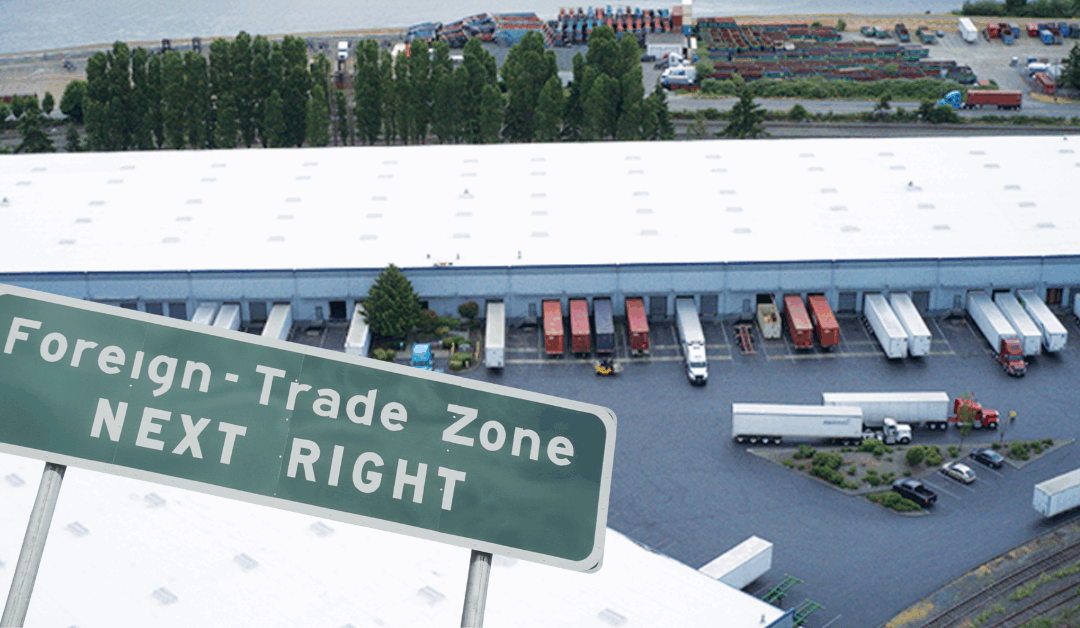We’re thrilled to announce that the Stryder US team has officially launched our Foreign Trade Zone (FTZ) at our Atlas Columbia warehouse, strategically located near the Port of Tacoma.
This is a monumental step for our U.S. operations and a powerful expansion of our logistics capabilities, unlocking new possibilities for our clients and partners engaged in international trade.
Why Did We Establish an FTZ?
At Stryder, our goal has always been to stay ahead of the curve when it comes to supporting our clients’ cross-border supply chains. As global trade dynamics shift and tariff considerations become more complex, more and more clients were asking about bonded warehousing and other customs-related solutions.
After extensive evaluation, we saw that an FTZ offered even greater value. Located at a key international gateway like the Port of Tacoma, our FTZ creates a secure, duty-free environment where goods can be stored and processed before entering the U.S. market.
This gives our clients the ability to:
- Defer or reduce customs duties
- Streamline inventory and cash flow
- Enhance supply chain efficiency
- Gain a competitive edge in global trade
We also realized, through conversations with the Northwest Seaport Alliance, that Tacoma had very few FTZ options, making this an even more compelling opportunity to lead and innovate.
What Was the Setup Process?
Establishing an FTZ is no small feat. It involved:
- Applying to the Foreign-Trade Zones Board
- Demonstrating economic and logistical benefits
- Navigating U.S. Customs and Border Protection (CBP) regulations
- Engaging legal and compliance experts to ensure airtight operations
Though it’s been a journey, we’re proud to have reached this major milestone; and we’re just getting started.
What Requirements Had to Be Met?
To get the FTZ up and running, we had to meet several rigorous standards:
- Submit detailed operational plans
- Ensure full compliance with CBP storage, tracking, and reporting requirements
- Build out infrastructure to support secure inventory control
These requirements are ongoing, and we’re committed to maintaining top-tier compliance and transparency for our clients.
Is There Real Demand?
Absolutely. FTZs offer huge strategic benefits:
- Duty deferral and reduction
- Improved inventory flexibility
- Better customs management
We’ve already seen strong interest from manufacturers, retailers, and e-commerce businesses looking to optimize their import operations and better control tariff exposure.
How Many FTZs Are in Tacoma?
Very few, which is part of why this move is so exciting.
The Northwest Seaport Alliance approached us directly to encourage this initiative, seeing the value it could bring to the broader logistics ecosystem in Tacoma. With the area’s growing importance as a global trade hub, we knew it was the right time and place to make our mark.
How Can Clients Use the Facility?
The process is simple:
- Register with us and provide documentation about the goods.
- Start storing and managing goods within the FTZ.
- Take full advantage of customs and supply chain benefits.
We’re hands-on throughout the process, ensuring every client experiences a frictionless transition.
Ready to Learn More?
Whether you’re already importing into the U.S. or exploring new market opportunities, our FTZ is designed to make your logistics smarter, more cost-effective, and future-ready.
Get in touch with our team today to explore how Stryder’s FTZ can transform your supply chain strategy sales@go-stryder.com


Recent Comments